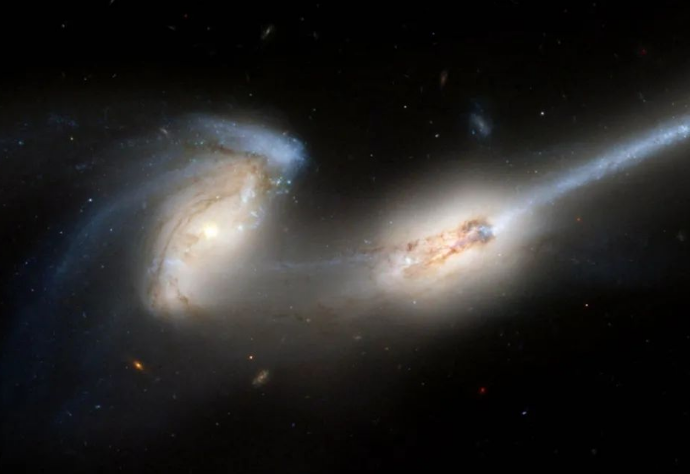Dad's map, of course, is still out there -- but chances are slim to zero that the Pioneers or Voyagers carrying it will be intercepted. Though all four spacecraft are on interstellar trajectories, space is big, and the next stellar systems on the horizon are many thousands of years away. Plus, the spacecraft are tiny and will be completely quiet within the next couple of decades, making them extremely hard to detect.

That raises all sorts of questions: Would extraterrestrial beings at those distances have the means to reach Earth? If so and they head our way, what if they don't come in peace? What if they're hangry? And what if they're not vegetarians?











